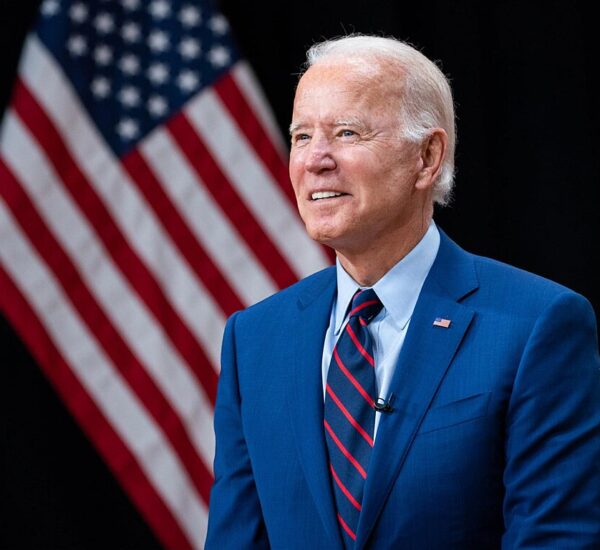Here’s what Americans need to know.
In a powerful move that could reshape the future of women’s sports, the U.S. Supreme Court has agreed to hear two landmark cases that challenge whether biological males who identify as transgender can compete on girls’ and women’s sports teams in public schools.
The Court will review state laws in West Virginia and Idaho that define school sports teams strictly by biological sex—a direct challenge to progressive efforts to force gender ideology into K–12 and college athletics.
🔥 Another Big Win for Trump’s Agenda?
The announcement is being hailed by many conservatives as a major legal boost for President Trump’s platform, which has long stood against the erosion of women’s sports.
“After hearing the case, I believe the Supreme Court will restore sanity to athletics,” said West Virginia Attorney General Patrick Morrisey on X. “Our law simply prevents boys from competing in girls’ sports—a commonsense rule supported by the majority of Americans.”
🚨 What’s at Stake: The Future of Female Athletics
Across the country, 27 states have passed laws banning transgender females—biological males—from joining girls’ sports teams. These laws aim to protect fairness, safety, and the integrity of women’s athletics.
In West Virginia, Becky Pepper-Jackson, a middle school student born male, was denied a spot on the girls’ track and cross-country teams after identifying as female and taking puberty blockers. While a federal judge originally ruled in the student’s favor, the case flipped when the same judge later sided with the state.
Still, the Fourth Circuit Court of Appeals ruled that excluding Pepper-Jackson from girls’ teams violated Title IX, the federal law barring sex-based discrimination in education.
The court emphasized that the student had changed names, taken hormone treatments, and was socially recognized as a girl, concluding that being forced to compete on boys’ teams was “no real choice at all.”
⚖️ The Idaho Case: Constitution vs. Common Sense?
Meanwhile in Idaho, Lindsay Hecox, a transgender athlete who failed to qualify for the women’s cross-country team at Boise State, sued after being barred from competing. The courts struck down Idaho’s law in 2020, citing violations of the Equal Protection Clause. That ruling was upheld in 2023.
Now, both of these hot-button transgender sports cases will go before the Supreme Court. Arguments are expected after October 6, when the Court begins its next term. A decision could land just in time for the 2025 election cycle—another potential boost for Trump-aligned policies.
🚫 Arizona Case on Hold—for Now
Although the Court agreed to hear the cases from Idaho and West Virginia, it chose not to take up a related challenge involving Arizona’s transgender sports law at this time. However, that case could still be considered in the future.
✅ Recent Win: Court Upholds Ban on Trans Medical Treatments for Kids
Just last month, the Supreme Court delivered a major blow to the transgender lobby by upholding Tennessee’s ban on puberty blockers and hormone therapy for minors—a landmark ruling now reinforcing similar laws across red states.
That decision was seen as a victory for parents’ rights, child protection, and common sense values—and this latest case could follow the same path.
💬 Why This Matters
As President Trump continues to speak out for biological truth and traditional values, the upcoming Supreme Court decisions could define the national debate over gender, sports, and fairness for years to come.






